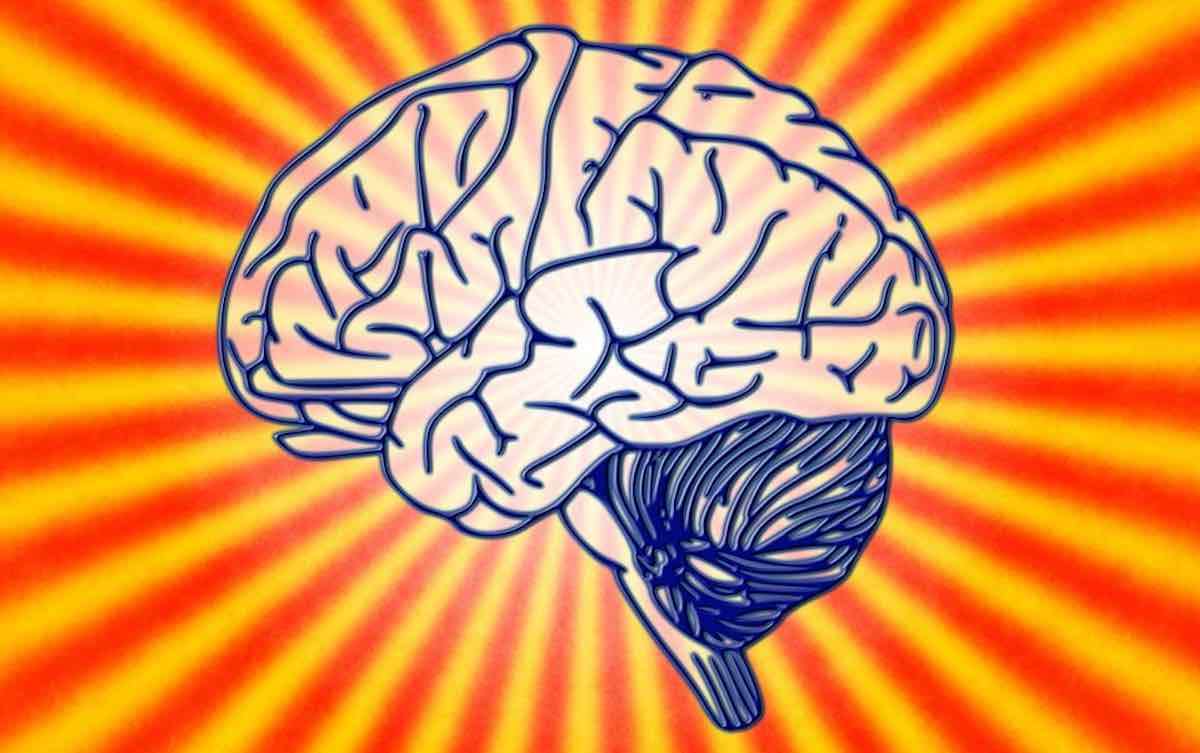Ultrasound Waves Applied to Brain Could Be a Treatment for Dementia-Free of Side Effects
This new study from Tohoku University may reveal a promising new non-invasive treatment for dementia and Alzheimer's patients.

An experimental new drug is inspiring "cautious optimism" in researchers after its late-stage trials showed great success in reducing the progression and symptoms of Alzheimer's disease.
The drug is an antibody called BAN2401. An 18-month phase 2 trial involving 856 patients showed that the treatment greatly reduced development of new beta amyloid clusters in the brain, which are the toxic proteins linked to the disease. Additionally, it reduced existing clusters of the protein by an average of 70%.
Patients taking the drug also showed a 26% to 30% improvement in cognition compared to patients taking the placebo drug. Less than 10% of the patients showed any side effects that are related to beta amyloid therapies.
Hope for the drug's success had been dashed in December after the trial failed to show any improvement - but researchers say that modifying the drug's dosage dramatically changed the results.
The companies responsible for the trial, American biotechnology company Biogen and Japanese drugmaker Eisai, have applied for accelerated approval of phase 3 trials. If studies continue to show relative success, the researchers are hopeful for FDA approval.
"These were people with very mild impairments, some confusion, forgetting someone's name on occasion," said Dr. Lynn Kramer, the chief clinical and medical officer for Eisai. "That's the goal: to stop Alzheimer's disease when it's in the mildest presentation."
Cure Your Friends Of Negativity: Share The Good News - Photo by
Be the first to comment